THE DEVIANT SECT known as the Ḥabashis (al-Aḥbāsh) has been a fountainhead of heretical beliefs and innovations worldwide for decades. Their negation and metaphorical interpretations of Allāh’s Attributes, hatred for the Salafi scholars, whom they excommunicate from the religion, and erroneous religious verdicts have spread by way of their callers and writers in the east and west. In our city of Philadelphia alone, we have witnessed their dogged attempt to propagate the corrupt ideology of their founder and namesake, ʿAbdullah al-Ḥabashī, to mosques, Islamic centers, institutions of learning, as well as inside the local prison system. To confront this, praise is for Allāh, the Salafi callers have taken up the pen and raised their voices, warning from them and striving to cut off their tentacles wherever they reach. And we are ever thankful to Allāh, the Most High, for a new addition to the longstanding struggle against this sect: the translation and publication of a treatise by the Kingdom of Saudi Arabia’s Permanent Committee for Knowledge-Based Research and Religious Verdicts entitled The Misguidance of the Ḥabashi Sect.
This concise treatise cuts to blackened heart of this group’s myriad errors, unorthodoxies, and the contradictions between their thought and that of the Salaf. Concerning the Salaf, the Prophet stated: “The best of mankind is my generation, then those who follow them, then those who follow them.” In the introduction to this treatise, the Permanent Committee writes:
From the most important characteristics by which these praiseworthy generations are distinguished and as a result excelled the rest of the people in goodness is that they implemented the Book and the Sunnah in all affairs and gave them precedence over the statements of everyone, no matter who it was. (Misguidance of the Ḥabashi Sect, 6)
Thus, this treatise sets out to repudiate the ideology and methodology of the Ḥabashis, which clearly opposes the way of the Believers. The first of those contradictions addressed in the opening chapter is their allowance of seeking refuge and aid “with the dead, and supplicating to them besides Allāh” (Misguidance of the Ḥabashi Sect, 9). The Permanent committee clarifies that this type of Shirk, which they document from several of ʿAbdullah Ḥabashis works, was the religion on the early polytheists of Quraysh. Refuting this, they cite Allāh’s Statement: “And they worship besides Allāh things that neither hurt them nor profit them, and they say: ‘These are our intercessors with Allāh’” (Yunus: 10:18). High is Allāh above that which they ascribe to Him.
Next, in chapter two, they refute this sect’s distortions of Allāh’s Perfect Attributes:
They believe that it is obligatory to metaphorically explain away the texts reported in the Book and the Sunnah regarding the attributes of Allāh, the Exalted and High. This opposes what the Muslims have agreed upon from the time of the companions and theTābi’ūn and those who tread up on their way until this day of ours. (Misguidance of the Ḥabashi Sect, 13)
This section is replete with texts evincing the Sublime Attributes of Allāh: His Face, Two Hands, Two Eyes, His Hearing and Seeing, Shin, Love, and Anger. The denial and metaphorical interpretations of this misguided sect shrink away to nothing from the very outset of the chapter.
Following this, chapter three covers the Ḥabashis’ heresy “that the Qur’an is not the true Speech of Allāh” (Misguidance of the Ḥabashi Sect, 25). The Permanent Committee again refutes this erroneous belief with a number of verses from Allāh’s Book.
Perhaps no other innovation has defined the Ḥabashis over the years more than their denial of Allāh’s ʿUlu (Highness) above His creation, for the evil and patently false statement “Allāh exists without a place” is one that immediately comes to mind at the mere mention of this schism. The Permanent Committee, in the fourth chapter of the treatise, cites several ayātfrom the Qur’an to rebut this falsehood, along with the well-known narration of the slave girl who the Prophet asked: “Where is Allāh?” She responded: “Above the heavens.” And it was due to this answer of hers that the Prophet testified to her belief.
The fifth, sixth, and seventh chapters respectively show that the Ḥabashis have fallen into the innovations of several deviant groups: the Irja of the Mur’jiah, as it relates to Imān(belief), the misguidance of the Rifaʿīyah and Naqshabandiyyah Sufi orders, and the defamation of some of the Prophet’s noble companions, thus resembling the Rāfiḍah.
The eighth chapter outlines the Ḥabashis adoption of a number of misguided religious verdicts that oppose the Book and Sunnah: gambling with the disbelievers, stealing their crops and animals, indulging in usury with them, and allowing the needy to buy unlawful lottery tickets. In addition to this, they allow men to gaze upon women who are not their wives or relatives, along with the free mixing of the sexes.
In the ninth and final chapter, we read of the Ḥabashis enmity and animosity for some of the scholars of Ahl al-Sunnah, most specifically Shaykh al-Islam Ibn Taymiyyah, and the reviver of the call to al-Tawḥīd Muḥammad b. ʿAbd al-Wahhāb:
No doubt, the hatred this group carries towards these blessed, elite scholars of theUmmah, from those whom we did and did not mention, is only a proof of the hatred and rancor their hearts hide towards every caller to the Tawḥīd of Allāh and [the abhorrence they have] to holding fast to what the (three) praiseworthy generations were upon in belief and in action. It also shows how distant they are from the true Islam in its essence. (Misguidance of the Ḥabashi Sect, 41)
They go on in this chapter to refute the misnomer “Wahhabiyyah,” which they clarify is merely a term invented by the grave worshippers from the Sufis in order to block people from the call to worship of Allāh Alone, and the leveling of their mausoleums.
Lastly, in the treatise’s conclusion, they give final warning to the Ummah as it relates to this deviant party:
The Ḥabashi sect is a misguided sect, outside of the main body of the Muslims (Ahl al-Sunnah)…It is upon the Muslims everywhere to be cautious and to warn from this misguided group, the Ḥabashi sect, and not to fall into their traps, whatever name, slogan, organization or center they may be under; and not to cooperate with them in any sense of cooperation (Misguidance of the Ḥabashi Sect, 45 & 46).
We ask Allāh to make this treatise a guiding lamp to the Straight Way, far from the dark, shadowy path of the Ḥabashi call. Indeed He is the Most High, the Hearer of supplication.
By the Permanent Committee for Knowledge-Based Research and Religious Verdicts in the Kingdom of Saudi Arabia – Translator: Anwar Wright
Reviewed by Abū al-Ḥasan Mālik al-Akhḍar 17 Rabīʿ al Awwal 1437 AH | December 28, 2015

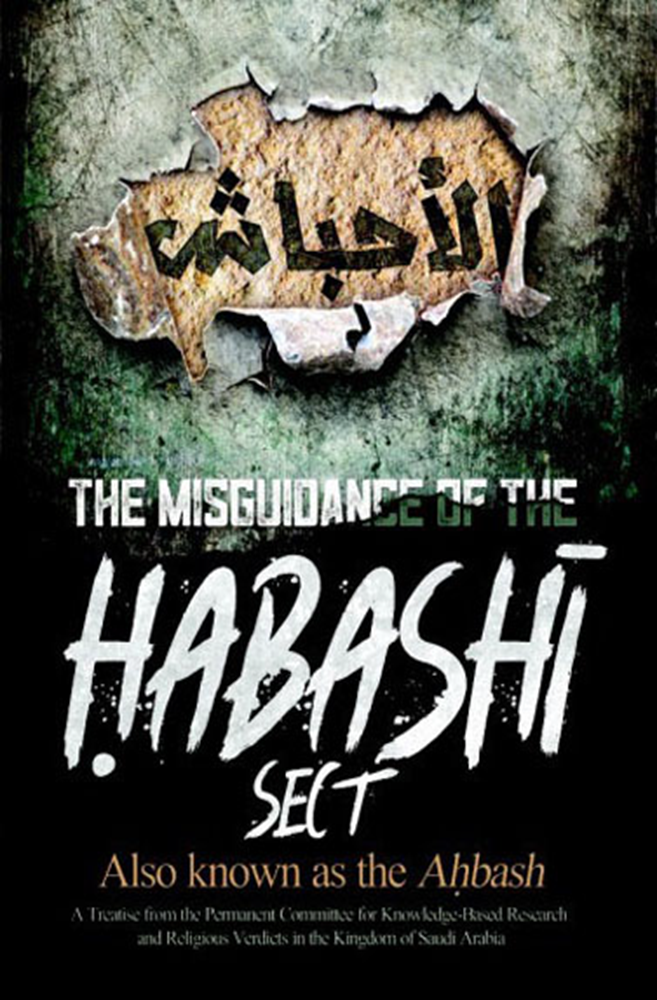
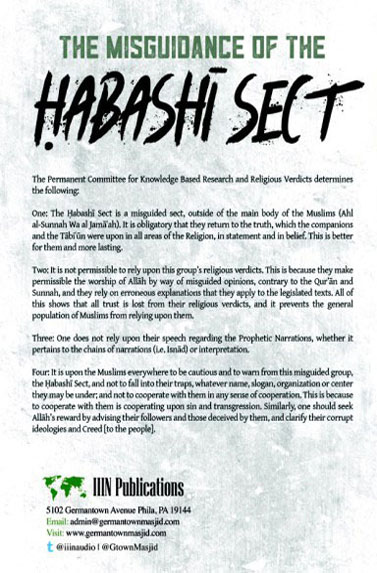
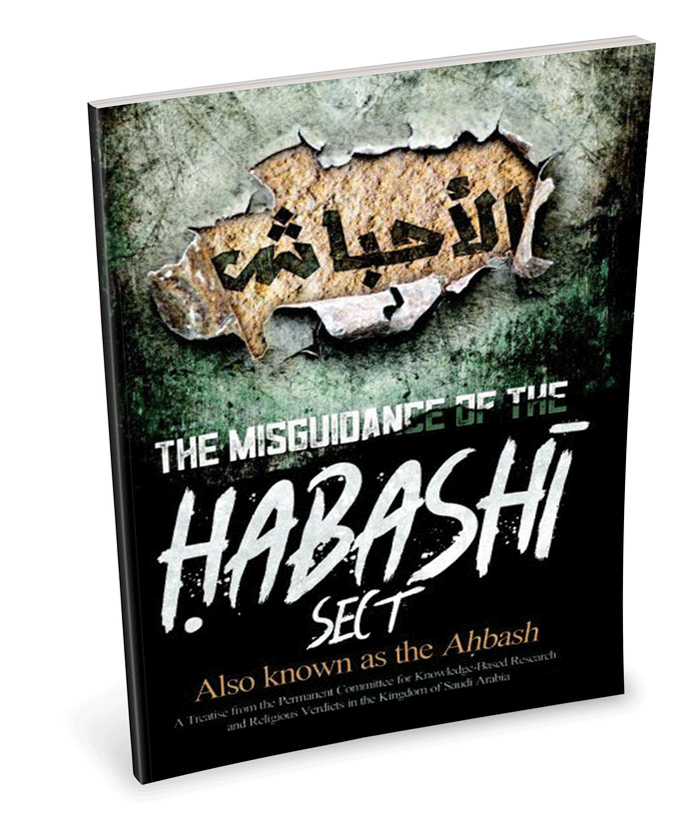
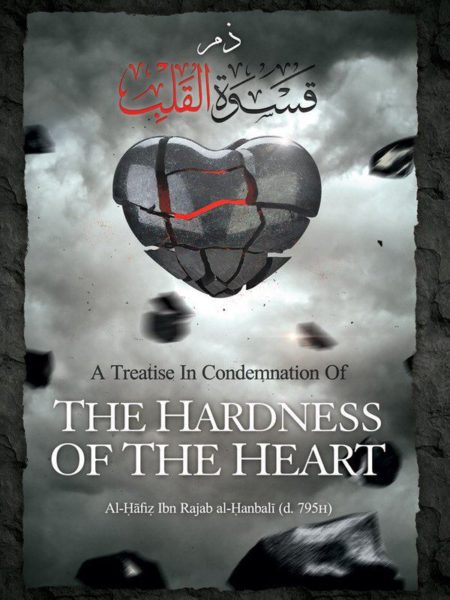
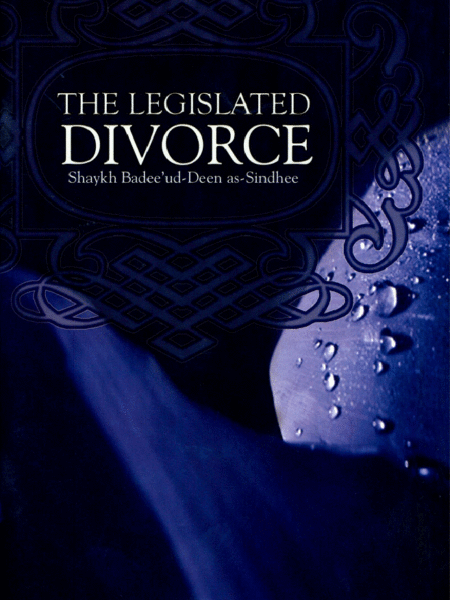
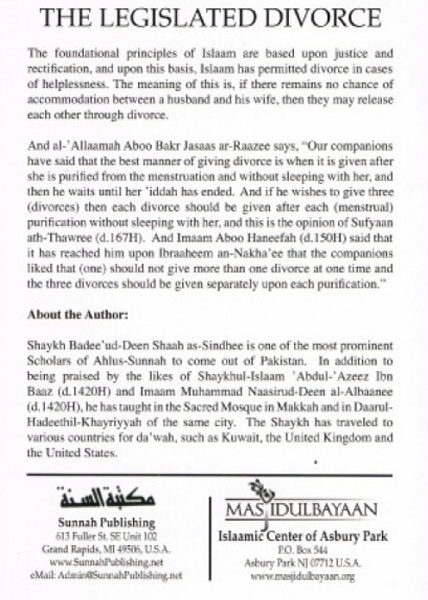
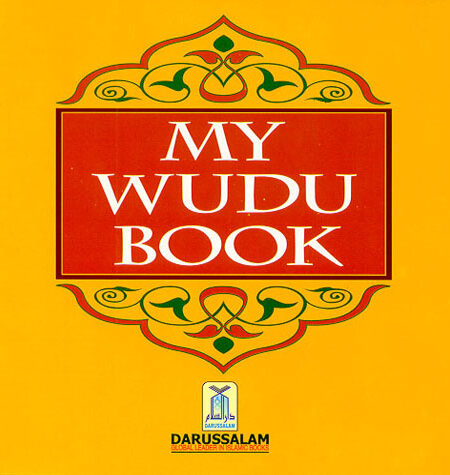
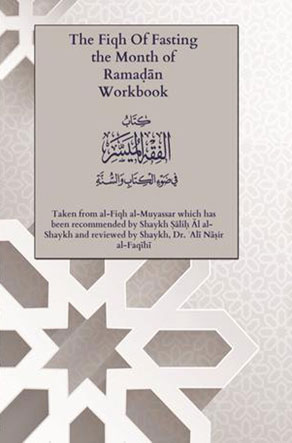
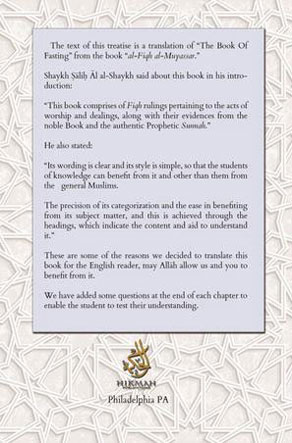
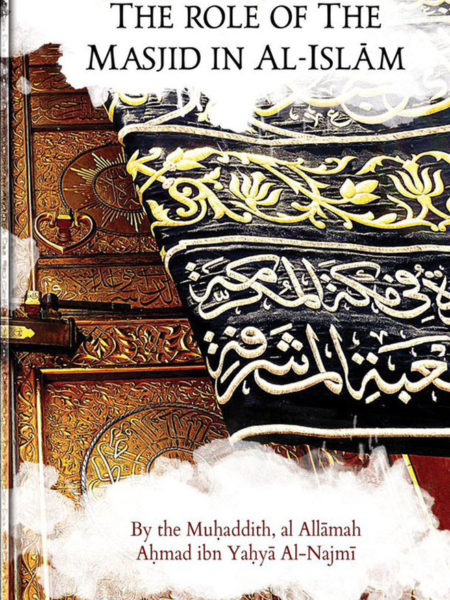
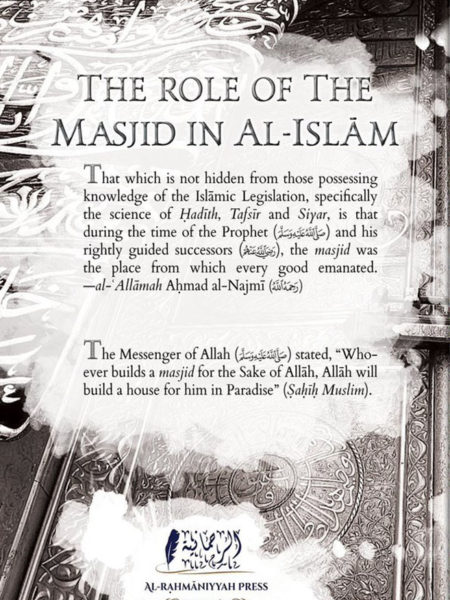
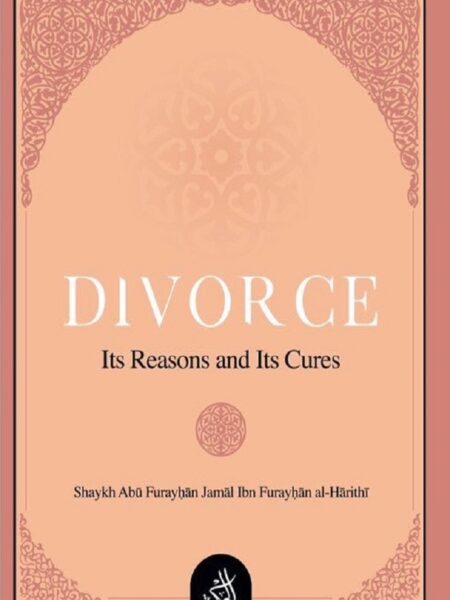
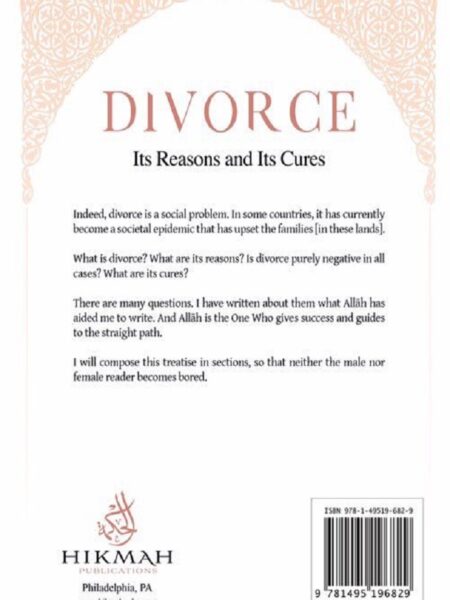

Reviews
There are no reviews yet.